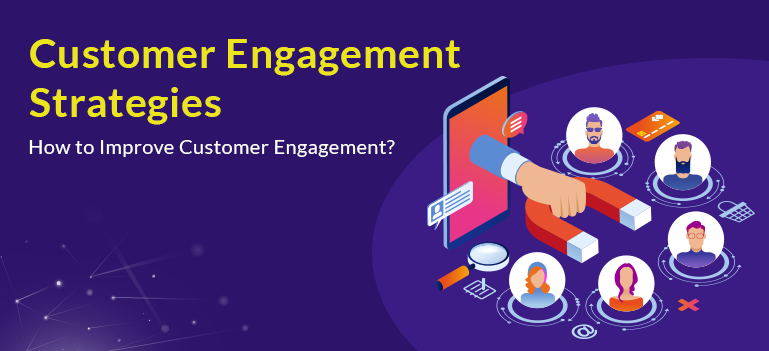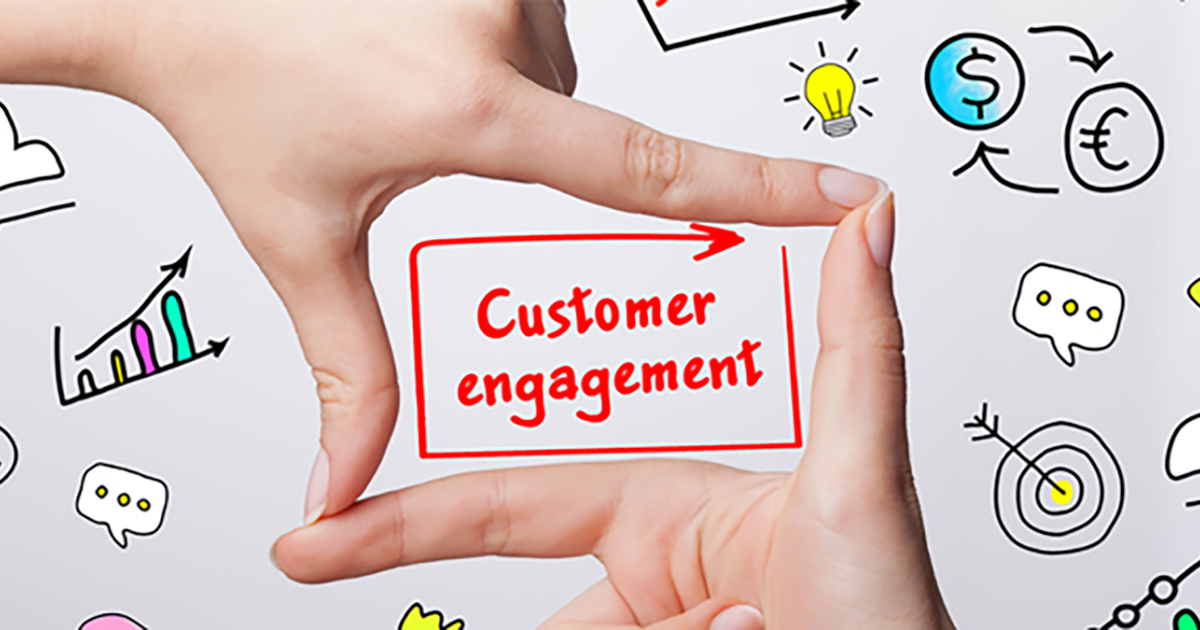In the world of business-to-business (B2B) interactions, customer engagement holds the key to fostering lasting relationships that drive growth and success. Unlike business-to-consumer (B2C) scenarios, B2B customer engagement involves a more intricate approach, focusing on establishing meaningful connections and addressing the unique needs of other businesses. In this article, we delve into the realm of customer engagement strategy B2B, exploring effective techniques to build strong relationships that fuel business prosperity.
Understanding Customer Engagement Strategy B2B

1. The Complex B2B Landscape
The B2B landscape is characterized by intricate decision-making processes involving multiple stakeholders. Unlike B2C transactions, B2B interactions often require consensus from various departments, making engagement multifaceted.
2. Evolving Nature of Customer Engagement
B2B customer engagement is evolving from transactional interactions to value-driven relationships. Businesses seek solutions that not only fulfill their needs but also contribute to their long-term objectives.
Importance of Customer Engagement in B2B
1. Driving Factors
Effective customer engagement in B2B is driven by understanding client pain points and aligning solutions with their goals. Collaborative problem-solving enhances the overall partnership.
2. Impact on Business Success
Engaged B2B customers tend to be more loyal and are likely to become brand advocates. Repeat business and referrals play a pivotal role in driving revenue and growth.
Key Components of a Successful B2B Customer Engagement Strategy
1. Personalized Interactions
Tailored communication and solutions demonstrate a commitment to understanding the unique challenges each client faces, fostering trust and loyalty.
2. Seamless Onboarding and Support
A smooth onboarding process coupled with responsive support creates a strong foundation for a lasting relationship. Quick issue resolution is vital to maintaining goodwill.
3. Consistent Communication
Regular check-ins, progress updates, and providing valuable insights showcase a commitment to the client’s success beyond the initial sale.
4. Value-Driven Approach
Demonstrating how your product or service adds value to the client’s business objectives solidifies your position as a strategic partner.
Crafting a B2B Customer Engagement Strategy
1. Data-Driven Insights
Leveraging data analytics helps in understanding client behavior, preferences, and pain points. This information informs targeted engagement strategies.
2. Multi-Channel Approach
Engage through a variety of channels like emails, webinars, and industry events, catering to diverse preferences and increasing touchpoints.
3. Content Relevance and Utility
Providing insightful and educational content showcases expertise and maintains engagement even when a direct sales pitch isn’t on the table.
Implementing Technology for Enhanced Engagement
1. Customer Relationship Management (CRM) Systems
CRM systems centralize client information, aiding in personalized interactions and tracking the history of engagements.
2. Marketing Automation Tools
These tools streamline communication, ensuring timely follow-ups, and enabling customized messaging at scale.
Measuring and Adapting Engagement Efforts
1. Metrics for B2B Customer Engagement
Metrics like customer satisfaction, Net Promoter Score (NPS), and customer lifetime value provide insights into the effectiveness of engagement strategies.
2. Adapting to Changing Needs
A successful B2B engagement strategy is flexible and adapts to the evolving needs of the client, industry trends, and market shifts.
Challenges
1. Navigating Complex Buyer Journeys
B2B buying journeys involve multiple decision-makers. Addressing each stakeholder’s concerns and priorities is essential for effective engagement.
2. Long Sales Cycles and Relationship Building
Building trust and demonstrating value takes time in B2B. Patience and persistence are crucial throughout the extended sales cycle.
Conclusion
In the dynamic landscape of B2B interactions, a robust customer engagement strategy is the cornerstone of building enduring partnerships. By focusing on personalized interactions, providing consistent value, and leveraging technology, businesses can foster loyalty, advocacy, and sustained growth. Understanding the challenges and nuances of B2B customer engagement is pivotal in navigating the path to success.
Discover how AIM Technologies can help you revolutionize your B2B customer engagement strategy. Request a demo to explore our innovative solutions and take your business relationships to the next level.
FAQs
How does B2B customer engagement differ from B2C engagement?
- B2B engagement involves complex decision-making among various stakeholders, focusing on long-term partnerships and mutual objectives, whereas B2C engagement is often more transactional.
What role does data play in B2B customer engagement?
- Data-driven insights help tailor engagement strategies, allowing businesses to understand client behavior and preferences better.
How can businesses measure the success of their B2B engagement efforts?
- Metrics like customer satisfaction, NPS, and customer lifetime value provide quantifiable measures of engagement effectiveness.
What challenges do businesses face in B2B customer engagement?
- Challenges include navigating intricate buyer journeys, building trust over extended sales cycles, and addressing the needs of diverse stakeholders.
Why is adaptability crucial in B2B engagement strategies?
- Adapting to changing client needs, industry trends, and market shifts ensures that engagement strategies remain effective and relevant over time.


